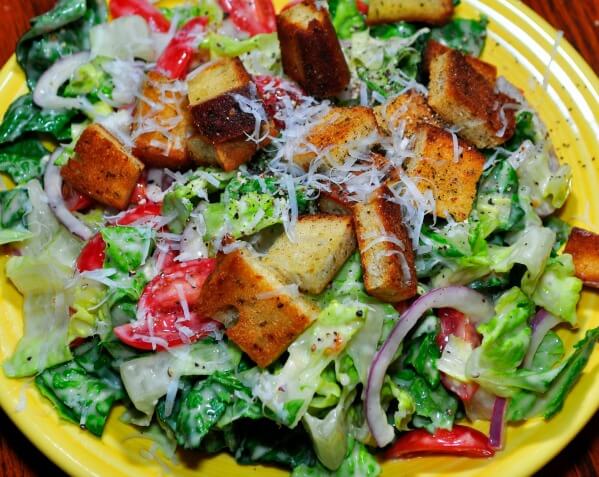Trying To Make Healthy Food Choices, Nurses? Don’t Fall For These Traps
Twelve-hour shifts and “barely there” lunch breaks can make a healthy, fit lifestyle a bit of a challenge for any nurse, but at least you can make healthy choices with the foods you do eat, right?
Well that’s technically true, but the problem with that is, many foods marketed as a nutritious choice aren’t as healthy as they seem.
A 2014 study in Europe found that one-in-ten “healthy” foods out on the market have the same or more calories as it “unhealthy” counterpart. When fat is removed in low fat food, sugar is added in to make up for the loss.
As a nurse, you are well aware of the havoc sugar wreck on your body.
We can’t let these sugary culprits get away with deceiving well-meaning nurses, so we’re here to call them out.
Here is a list of five offenders that you should keep an eye on in your quest to be healthy.
Low- Fat Baked Items
In the study, a packaged low-fat blueberry muffin from one popular brand, was 280 calories, compared to a regular full-fat one that is 370 calories, but the lower calorie one had 36 grams of sugar to the regular muffin’s 29 grams of sugar. The low-fat one also had 170 milligrams more sodium than the regular one also.
Instead of wasting your time on these, either eat the regular kind once and awhile, or make your own healthier baked goods. You could swap out oils/fats with ingredients like yogurt or fruit puree. This will also allow your to remove ? of sugar without compromising taste.
Egg Substitutes
Egg substitutes are loved by many health conscious folks because they’re made from egg whites with stabilizers and colorings added to give the full egg feeling with less calories and fat. However, that discarded yolk is where a lot of nutrition is. Sure, there is 5 grams of fat, but it also contains choline, an essential nutrient that helps make a neurotransmitter involved in muscle function and memory. While they contain cholesterol, a BMJ study found that eating an egg a day didn’t increase the risk for heart disease or stroke for healthy people. It also is a source of immune-boosting vitamins A and D. So unless your doctor has ordered you to limit eggs or use substitutes, eat the whole thing.
Salads
This one’s surprising right? Before you roll your eyes, we aren’t saying that all salads are bad. Salads are an inherently healthy choice. It’s covering them with those fat-free dressings and carb-heavy items like croutons that really compromise it’s nutritional punch. Those fat-free dressings are typically loaded with sugar or artificial sweeteners by manufacturers to make them taste good. With full-fat dressings, it may cost you some calories, but it helps you to stay full and fat helps your body absorb beta-carotene and lycopene in foods like tomatoes and carrots.
One of healthiest, simplest full-fat dressings you can make for yourself is balsamic vinegar and oil. [You can find an easy recipe for this here: http://allrecipes.com/recipe/14477/balsamic-vinegar-and-olive-oil-dressing/]
Low-fat Potato Chips
Low fat chips can be tricky because while is on average 20 calories less than full fat chips on average, they tend to have more sodium. On top of that, people tend to eat 25 percent more low fat labeled foods than what they would have eaten if the food was full-fat, according to a Cornell study.
The same can be said for other low-fat salty snacks including rice cakes, pretzels and the like.
Instead, consider satisfying your crunchy, salty fix with roasted chickpeas or roasted edamame, which are packed with protein, or kale chips, which give you a huge dose of vitamins A and C and antioxidants.
Low-Fat Peanut Butter
This is one of those options that really isn’t worth it. Typically, two tablespoons is 210 calories while a reduced fat version is 200 calories, but they make up for it with, you guessed it, sweeteners.
Instead of reduced-fat peanut butter, consider eating a smaller serving of the regular version, or peanut butter only made with peanuts and salt.
The biggest takeaway here?
Don’t pick up items or choose snacks just because the label suggests they’re healthier. Fruits and veggies will always be some of the healthiest quick snacks you can eat at work, but when it comes to prepackaged foods, or any kind of food for that matter, fat isn’t always the enemy. In fact, it can even be a friend.
Most importantly, make sure you aren’t compromising calories for things like sugar, or sodium. Any of these surprise you? Any others that should be added to the list?
Tell us in the comments.




